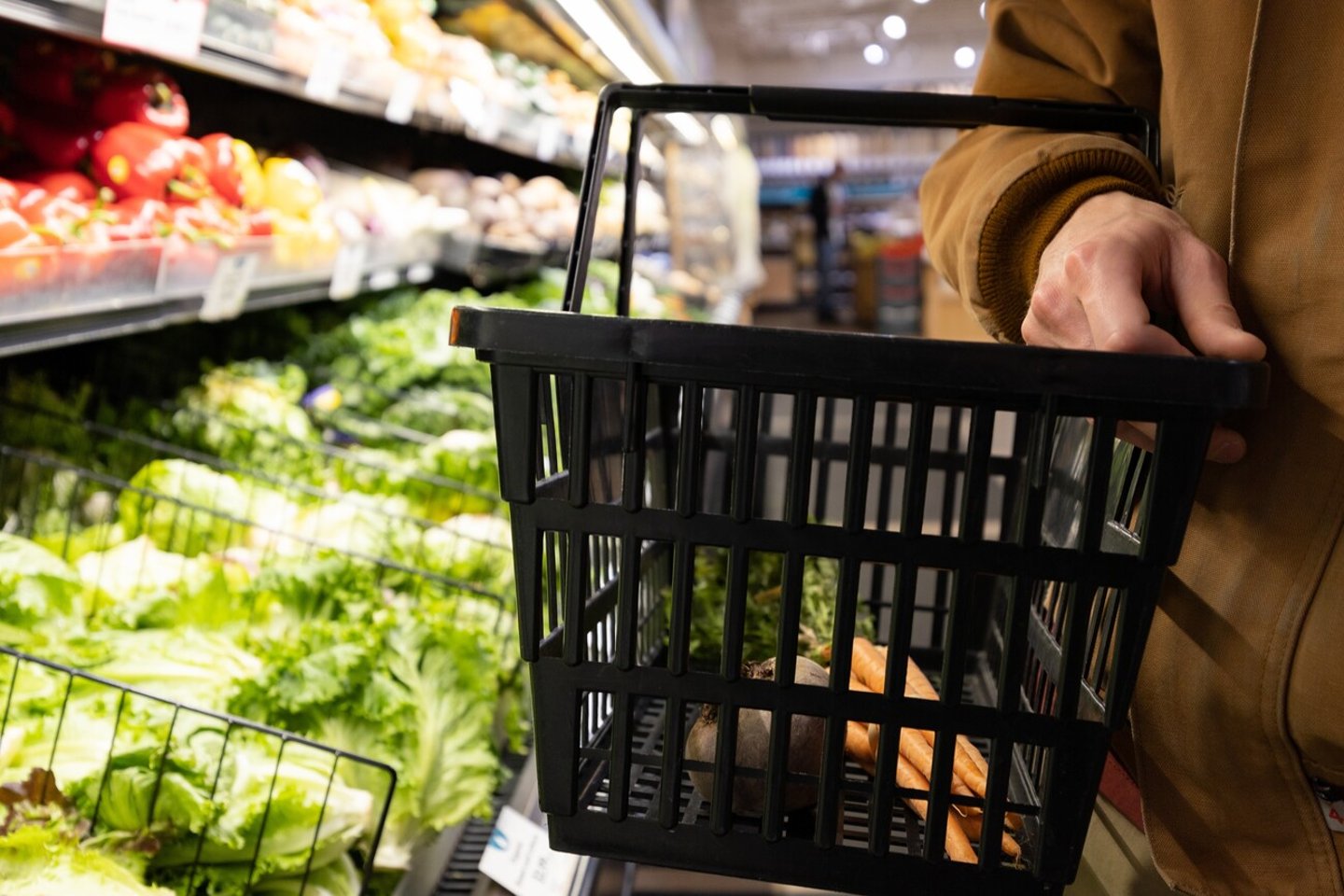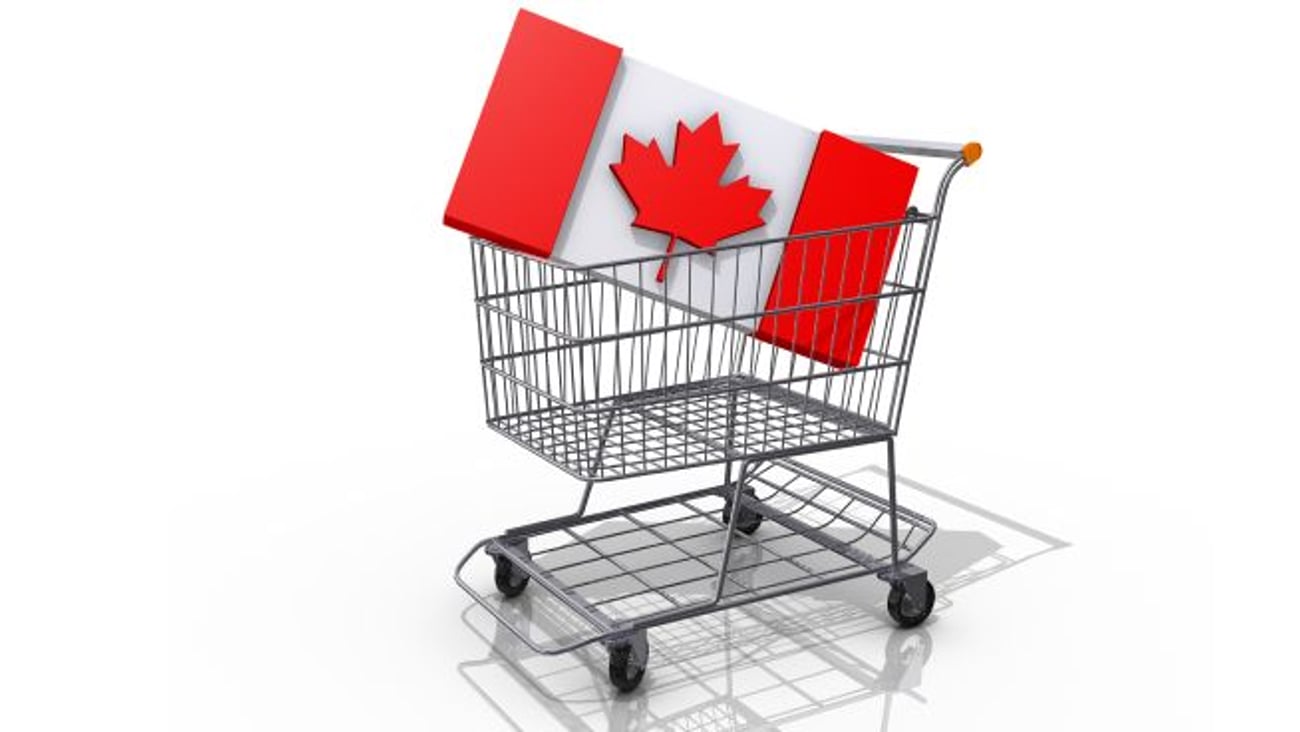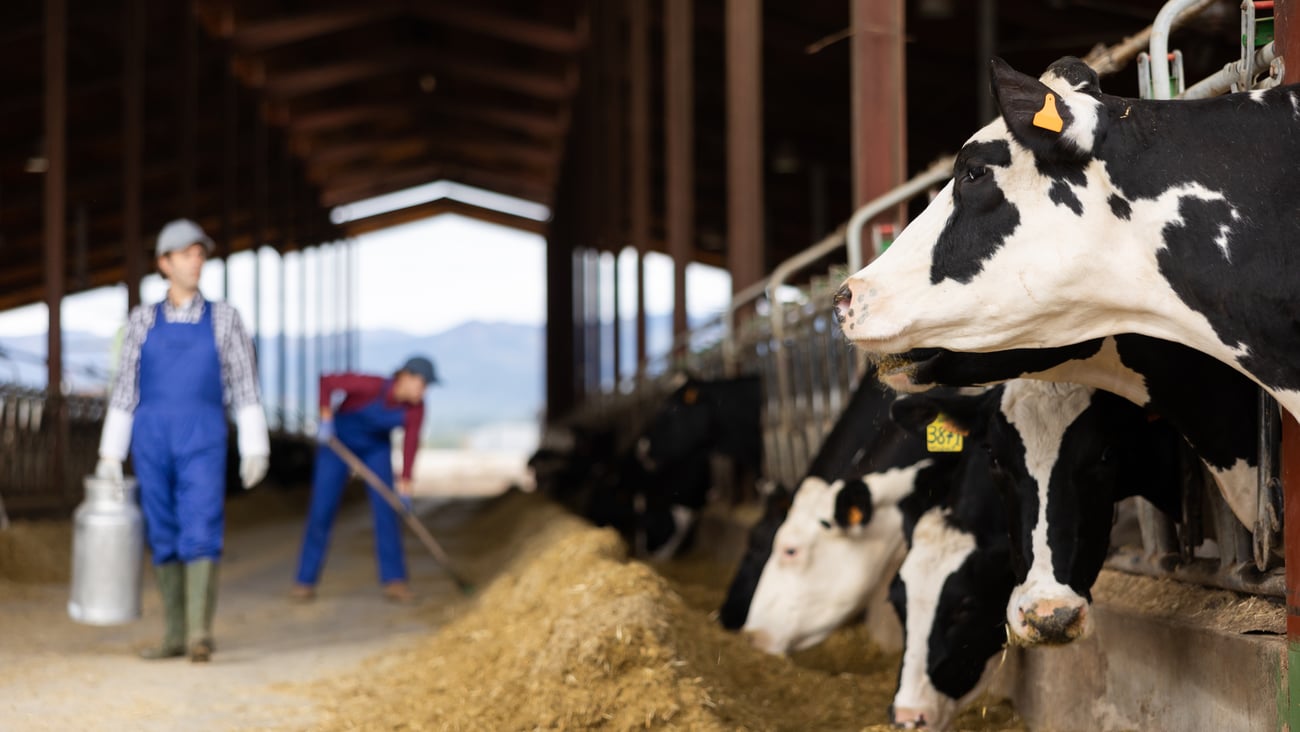Is the GST holiday an inflation trap?
The recent announcement of a temporary GST/HST holiday on select food purchases, running from December 14 to February 15, has drawn significant attention. While the move has been framed as a helpful measure for Canadians during the holidays and the challenging winter months, it is critical to unpack its implications. Beyond the political spin, the economic reality of this measure deserves closer scrutiny.
The government’s narrative suggests substantial relief for Canadians. However, the actual savings may be far more modest. For groceries, the average Canadian household stands to save just $4.51 in taxes over the two months, while dining out could offer $19.51 in tax savings. While every dollar counts, the idea that this measure will lead to significant financial relief is overstated unless one is a frequent purchaser of high-ticket alcohol or luxury dining options. For most, this "GST vacation" is more a token gesture than transformative economic aid.
Restaurants are likely to gain the most from this policy. Canadians already spend a record $187 per month dining out, and the tax break might encourage more to opt for dining services rather than home cooking. Meanwhile, the cost of staples like ground beef at the grocery store is unlikely to change. Paradoxically, someone ordering a $29 burger meal through Uber Eats might see greater savings than someone cooking a homemade holiday meal.
This prioritization raises questions about the measure’s alignment with its intended purpose. The holidays are traditionally a time for home cooking, celebrating with unique, meaningful meals surrounded by loved ones. This policy, by making dining out more attractive, risks undermining the cultural and economic value of cooking at home.
READ: How will Canadians adjust their spending this holiday season?
At its core, taxing food at grocery stores remains a controversial practice. Food is a necessity, and imposing taxes on it is widely regarded as regressive and, some argue, even immoral. While the temporary removal of GST on some grocery items is welcome, its short-term nature creates confusion and potentially inflationary pressures.
Retail food pricing operates on razor-thin margins, where pricing strategies hinge on pennies. A two-month tax exemption introduces uncertainty, as grocers might adjust prices upward to offset the perceived tax void, exacerbating food inflation. A permanent exemption, by contrast, would have avoided such unintended consequences, providing clarity and stability for both consumers and retailers.
On top of this, direct cash transfers, like the government’s decision to give $250 to millions of Canadians, can inadvertently fuel inflation. Injecting more money into the economy without addressing underlying structural issues in food supply chains creates excess demand, which inevitably leads to higher prices. While this might provide short-term relief, it risks making food affordability an even greater challenge for everyone in the long term.
Quebec is currently the only province requiring signage to indicate which grocery items are taxed, offering a level of transparency that is absent elsewhere in Canada. Without such clarity, Canadians may struggle to understand which items are exempt and when. The temporary nature of the policy compounds this confusion, leaving many in the dark about how much they are actually saving—or even what qualifies for the exemption.
Prime Minister Trudeau’s GST holiday casts him in the role of Canada’s Santa Claus, delivering a modest gift to Canadians. While this measure is likely to be appreciated by many, its short-term and poorly targeted nature raises serious concerns. Inadvertently, it may encourage dining out over home cooking and introduce inflationary risks to food pricing.
The gesture, though well-intentioned, is shortsighted. What Canadians truly need is long-term, structural change to food taxation policies—not fleeting measures that complicate an already strained food economy. A permanent GST exemption on all grocery items would have been a far more effective solution, avoiding the confusion and potential harm caused by this temporary measure.
In the end, Canadians deserve more than a holiday-season band-aid. Addressing food affordability and food inflation requires thoughtful, comprehensive policies—not a short-lived tax holiday and direct cash payments that risk becoming a Trojan horse for higher prices.






